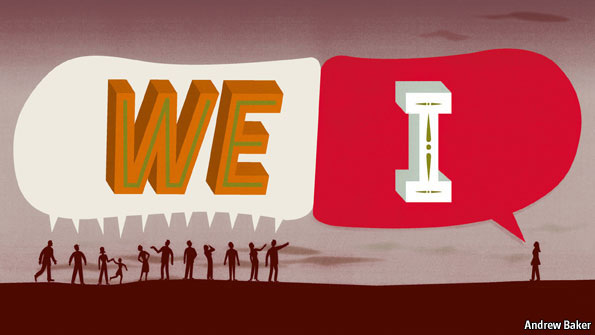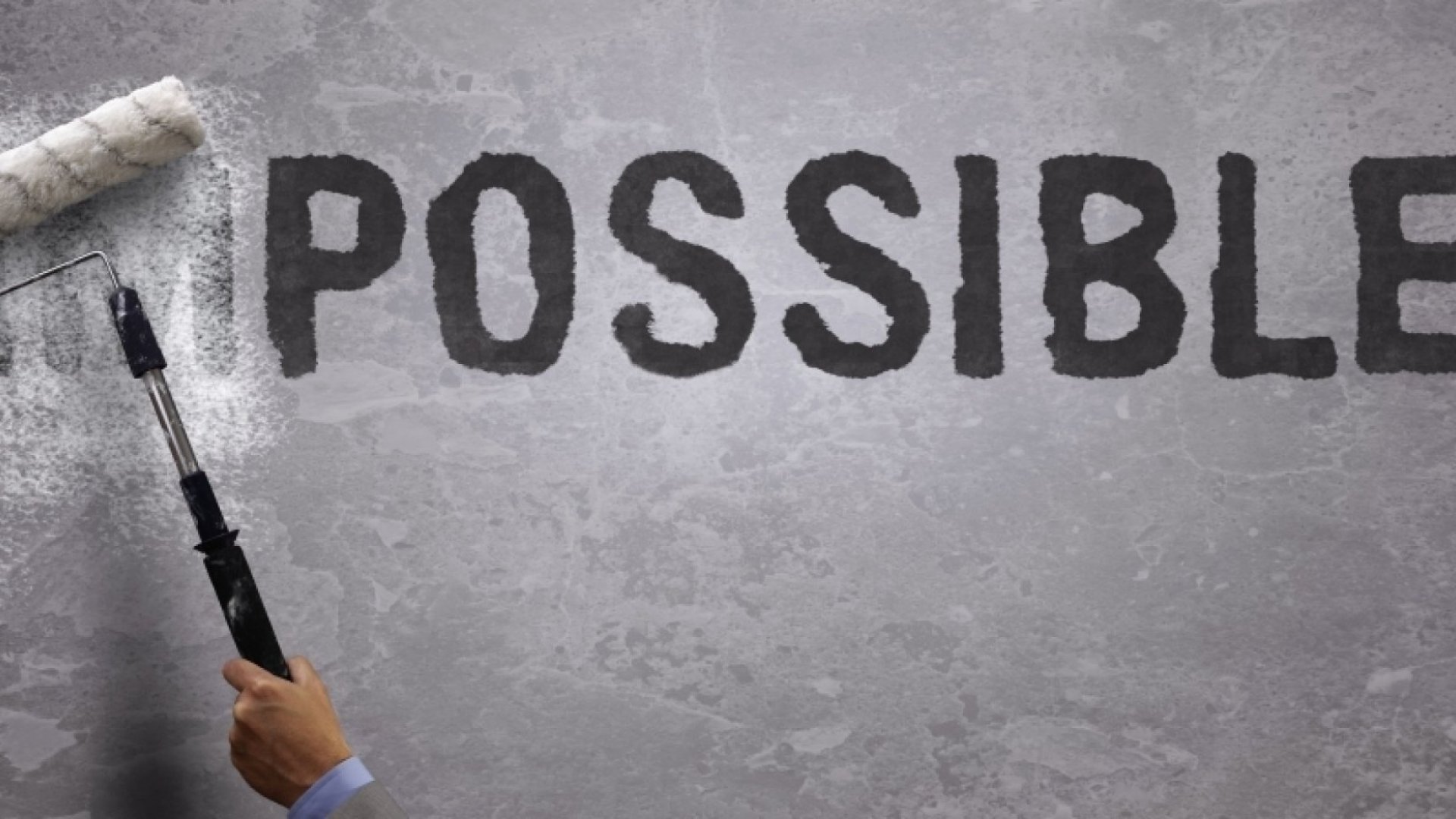Self-Righteousness, Selfishness and Liberty
By: Steven Barasch
The pandemic has polarized us in ways never thought feasible. People are waving the flag of liberty in the face of it. The job of public health officials is to keep the public safe. That’s it. The pandemic is one area. Politics is another. Civil rights are another. Need I go on? It comes down to this question: When does a person’s claim of liberty become a self-centered infliction on someone else’s liberty?
if you ever felt like the world is against your beliefs or that everyone should think and act the way you, then may be experiencing self-righteousness. Self-righteousness is a type of moralistic superiority that leads to a sense of entitlement. In other words, when we are self-righteous, we believe that our opinions and claims are superior, and we have the right to act out on them. No one else’s opinions and claims matter. It is an inflated sense of how much our values matter. That in itself explains, at least partially, the divisiveness going on in our society these days. We all want respect for our needs, but it doesn’t give us any rights to take away those same needs from others. Our job being human is to safeguard liberty for all people not just ourselves.
Selfishness vs. Liberty
One of the most common obstacles to living a more fulfilling life is selfishness. Whether it’s an individual indulging in their own desires or a group of people protecting their own interests, selfishness can lead to a lot of negative consequences for others. Selfishness is being unwilling to give help to those in need or refusing to sacrifice personal satisfaction for the greater good. This applies to individuals and groups as well.
Liberty, on the other hand, is when we use our freedoms responsibly. It means respecting others’ values and opinions different from our own while maintaining our own beliefs. Liberty is not about getting what we want at all costs, but rather making sure that everyone has the opportunity to live freely. So, if you’re out there waving flags in the name of liberty because you don’t want to wear a mask, get a vaccine, or social distance in the middle of a pandemic, you are grossly misinformed about what liberty is. Personal or not.
How is being self-righteous different from being selfish?
Self-righteousness and selfishness are different because self-righteousness is arrogance. When we are self-righteous, we believe that our opinions and claims are superior, and we have the right to act out on them. It is an inflated sense of how much our values matter.
Selfishness, on the other hand, on an individual basis is when you only care about your needs or desires and disregard others’. For example, if you were going to a restaurant for dinner with a group of friends but wanted to eat at a certain time that was later than everyone else’s, this would be considered selfish. You care about yourself more than your friends’ schedules. And while it may seem natural to want what you want when you want it, this type of behavior can lead to disrespecting other people’s needs and disempowering their voices in the decision-making process.
Self-Righteousness And Entitlement
Self-righteousness is a type of moralistic superiority that leads to a sense of entitlement. In other words, when we are self-righteous, we believe that our opinions and claims are superior, and we have the right to act out on them. It is an inflated sense of how much our values matter.
The trouble with being this way is that it can lead others to feel frustrated and victimized by your words and actions. We all want respect for our needs, but it doesn’t give us any rights to take away those same needs from others. Our job being human is to safeguard liberty for all people – not just ourselves. Here are some ways you can start respecting others more today in your own world:
* Give others the benefit of the doubt
* Be open and honest about what you want
* Seek out common ground rather than always fighting or arguing
* Apologize when you mess up
* Take care of yourself so you’re less likely to lash out at others
The Cost of Self-Righteousness on Others
It’s easy to see when someone is being self-righteous. They have a sense of entitlement and a need to force their beliefs on others. While they may feel like they are the ones in control, the truth is that they are controlling others instead of themselves. This can lead people around them to experience frustration and victimization at their hands.
One way to avoid this is by understanding our responsibility for other people’s liberty. It’s important for us to safeguard liberty for all people – not just ourselves. We should also be aware of how our actions affect others, and we should make sure we don’t try to take away from them what we want for ourselves, or else we’re giving in to selfishness.
How to be a Good Person in Your World
There are a lot of ways you can be a good person in your world. One way is to stop taking liberty from other people. It’s not just about what we do for ourselves, but what we do for others. For example, instead of talking about someone behind their back, why don’t we talk to them face-to-face? This is where all the social media apps come into play. People are hiding behind their computer and phone screens. If someone’s point of view is annoying, that doesn’t mean you need to shut them down and make them feel small. You could try being nice and asking questions – even if you have different opinions. You never know when something they say may change your mind or make you think differently the next time around.
Another way is to help those who are less fortunate than us because nobody deserves to be neglected or left out in the cold. Whether it’s volunteering at a local homeless shelter or driving around town giving out blankets, there are so many ways we can be there for those that need it most – even if they don’t always return the favor right away.
Finally, we should forgive other people who’ve wronged us and let go of hurt feelings because holding grudges against someone will only keep us stuck outside ourselves and drain our energy. Maybe that person doesn’t deserve your forgiveness, but does reading this article give you permission to take back some of your power?
Respect your needs and wants while respecting the needs of others
1) Recognize the power of your words
The thoughts we think and the words we speak have a lot of power. We have this power because we live in a democracy where language and opinion matter. What we say has the potential to destroy or help someone else’s day, so it’s important that we use our words wisely. This can sound difficult at first, but there are many tactics you can use to achieve this (e.g., pause before speaking).
2) Prioritize other people’s needs
We often forget about how much work it takes for someone else to attend to their own needs before ours. For example, if you need a new car, you will likely go out and buy one rather than waiting until you’re ready for a new car. You may be thinking that reasoning is selfish, but when you prioritize someone else’s needs ahead of your own, you’ll find yourself getting what you need in the long run too.
3) Don’t force your beliefs on others
This may seem like a no-brainer, but you would be surprised at how many people can be so self-righteous that they forget this rule. Whether it’s through social media posts, speaking up during a conversation, texting others repeatedly or otherwise, don’t give in to the temptation of forcing your belief system onto someone else. They will not automatically understand or agree with what you are saying and could even become upset or angry. The world is already against our beliefs and doesn’t need any more help from us!
4) Give back to your community
When we give back to the world around us, it’s a sign that we care about others and society as a whole. So, how can you start doing this? It all starts with you!
– Volunteer your time: Volunteering is one of the most effective ways to help your community. It also helps reduce stress and may provide other health benefits. One example of volunteering is becoming a tutor through organizations like Tutor Match, which matches adults (ages 18+) with students in grades K-12 who need help in math, science and English.
– Support causes on social media: social media provides an instant connection with people across the world. You can support causes by following them on social media or even sharing their posts on your own account.
– Reduce waste at home: Did you know that every day Americans throw away enough trash to fill the Empire State Building? By reducing waste in our homes, we are helping not only our family but also the environment at large. The rule of thumb is to avoid single use plastics (cups, straws, etc.), buy less stuff, reuse items, compost organic materials and recycle what you can’t reuse or compost (paper products).
5) Respect Other’s Privacy
The first way to respect other people is by respecting their privacy. Privacy has been a hot topic lately, and it’s only right that we are talking about it. It’s not okay to judge others because they want space or don’t want to share certain things with you. Respect their decision, acknowledge they have a right to that space, and just walk away.
Don’t ask someone personal questions when they don’t want to answer them. Ask them if they are comfortable answering the question instead of assuming you know what they will say. Don’t make assumptions about people either; everyone is different, plus everyone wants different things. And finally, learn more about people each day so you can understand where they come from and why they behave in certain ways. This will help you better respect what is important to them as well as their privacy. Obviously, those who need to understand this the most have no desire to change their ways. We are stuck their self-serving cry for liberty.






